Talmud denotes "instructions" or "learning," whereas The Torah is interpreted as "to direct," "to teach," "to instruct," and eventually "law.". According to experts, the Torah was written in Hebrew in about 1312 BCE. On the other hand, the Talmud was written down twice, first in the 4th century and again in the 6th century.. Unlike the Torah, which contains the written law of God, the Talmud expands on these laws through debates and stories. It covers everything from civil and ceremonial law to ethical and moral teachings. For religious Jews, the Talmud is a practical guide for living according to God's will. The Talmud is massive, spanning over 6,000 pages in.

Is The Talmud Considered Jewish Scripture Religions Facts

Torah vs Talmud & Kabbalah 1/3 Intro YouTube
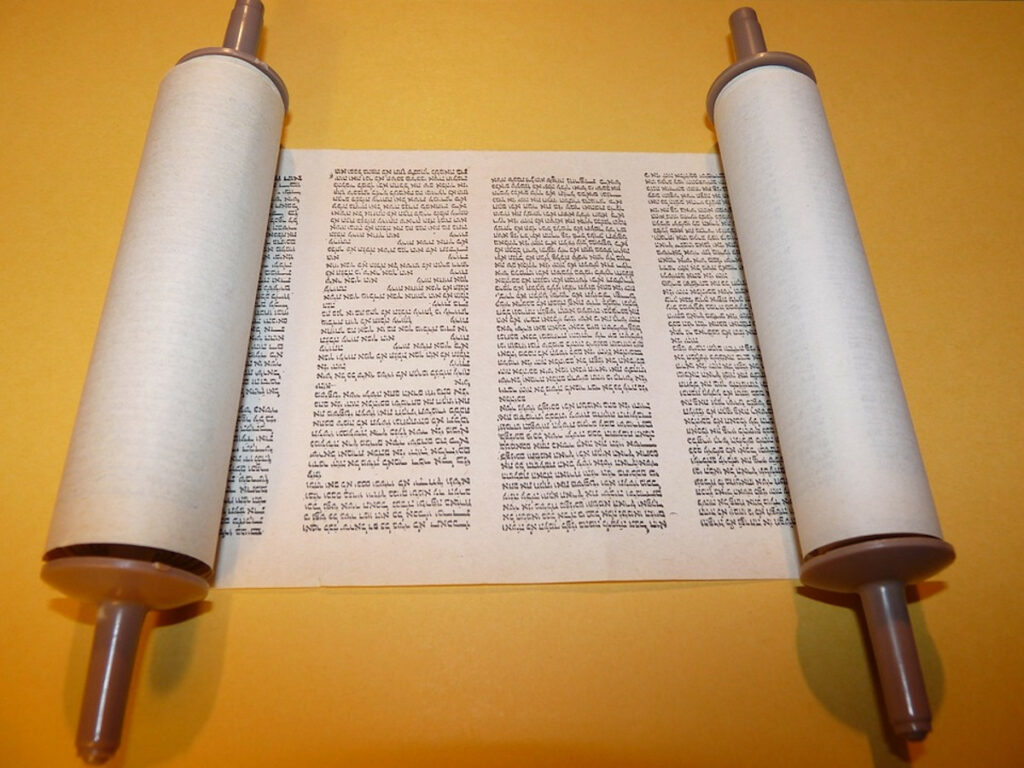
Quelle différence entre Torah et Talmud

Talmud ou Torah quelle différence ? YouTube

Traditional Jewish Education The Torah and The Talmud Jews and Mexicans Here and there

Différence entre le Talmud et la Torah Talmud vs Torah Les gens 2024
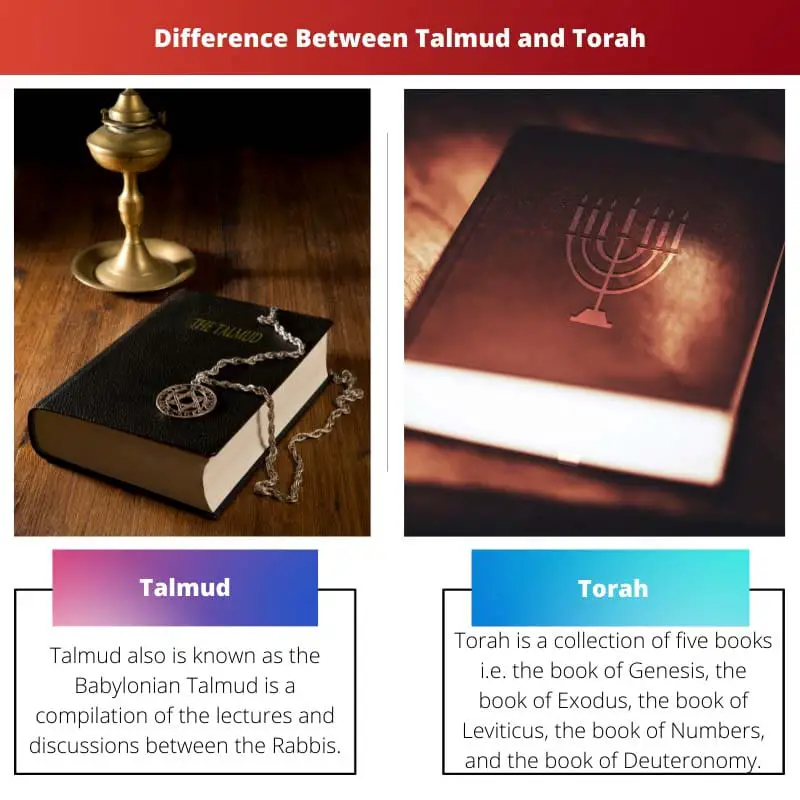
Talmud vs Torah Difference and Comparison

difference between TaNaKh, Torah, Targum & Talmud YouTube

PPT Oral Torah Talmud PowerPoint Presentation, free download ID3917188

The Talmud Vs The Torah Religions Facts
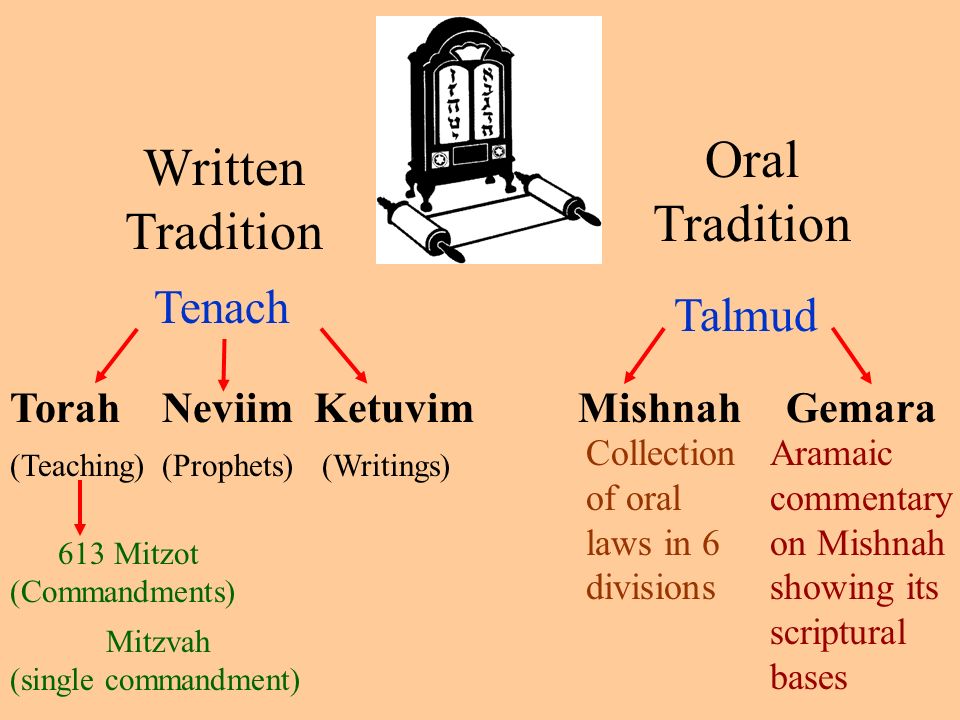
Lessons in in the Talmud Lesson 1

Top 7 Differences Between Talmud And Torah And Its definitions Kabbalah Center Jewish Quotes

Jewish Scriptures Unveiled Talmud vs. Torah InDepth Comparison All The Differences

Bible And Torah Similarities (2023)

The Talmud vs The Bible YouTube

PPT Judendom PowerPoint Presentation, free download ID2117989
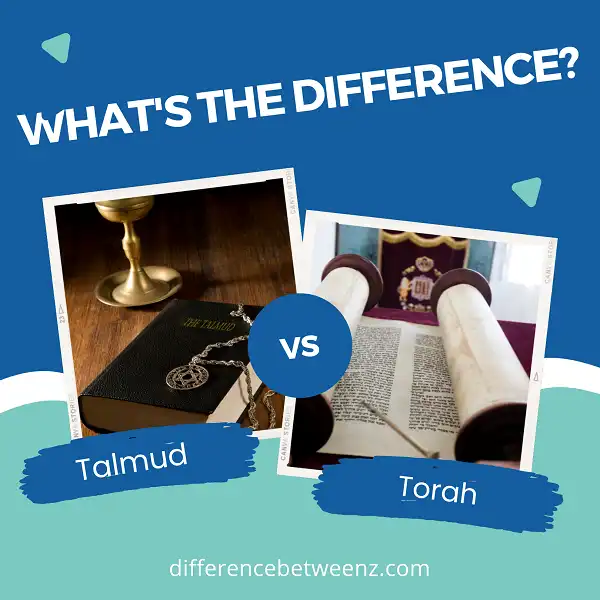
Difference between Talmud and Torah Difference Betweenz
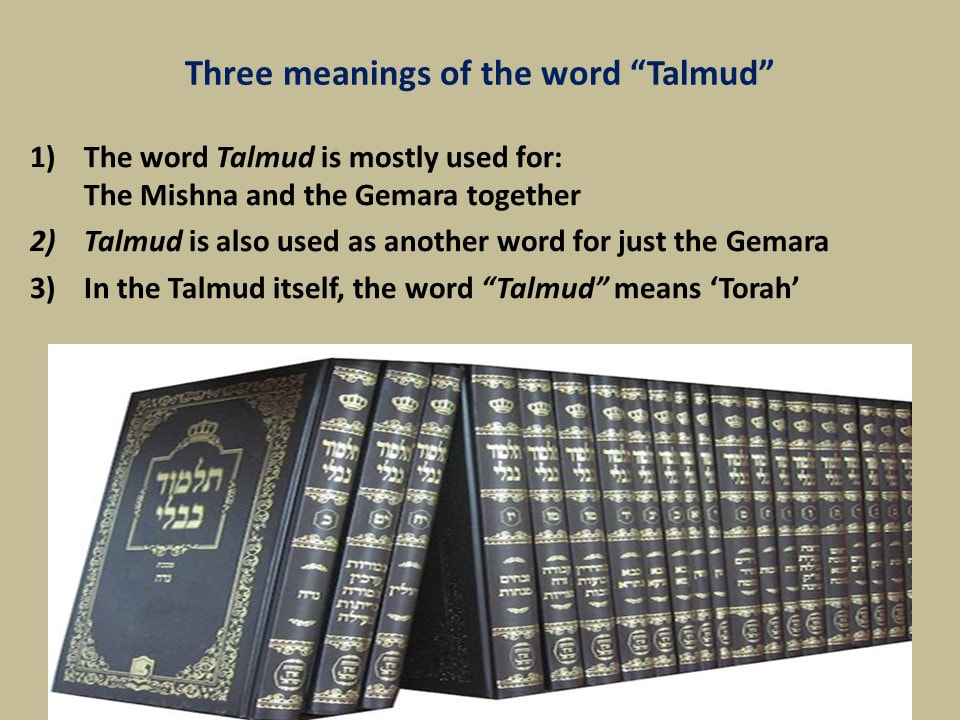
Oral Torah and Talmud
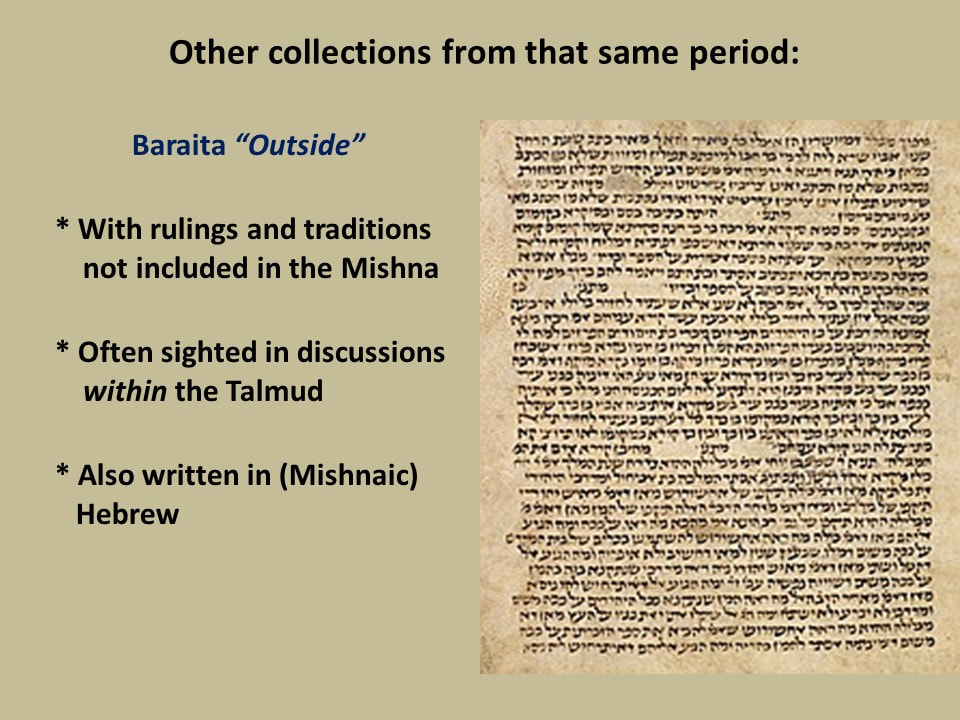
Oral Torah and Talmud

Jewish Scriptures Unveiled Talmud vs. Torah InDepth Comparison All The Differences
by waklvyct | Sep 23, 2013. The Torah refers to the Five Books of Moses (also known as the Pentateuch), which for Jews is the core part of the Jewish faith and the source of the main laws and ethics. The Talmud is a record of the rabbinic debates in the 2nd-5th century on the teachings of the Torah, both trying to understand how they apply and.. Avant que Moïse ne reçoive les secondes tables, « L'Éternel dit à Moïse : "Écris ces paroles pour toi-même, car c'est par ces paroles [littéralement, par la prononciation de ces paroles] que J'ai formé une alliance avec toi et avec Israël." »4 Le Talmud explique que ce verset implique qu'il y a une interdiction de dire les mots écrits par cœur, et d'écrire la Torah.